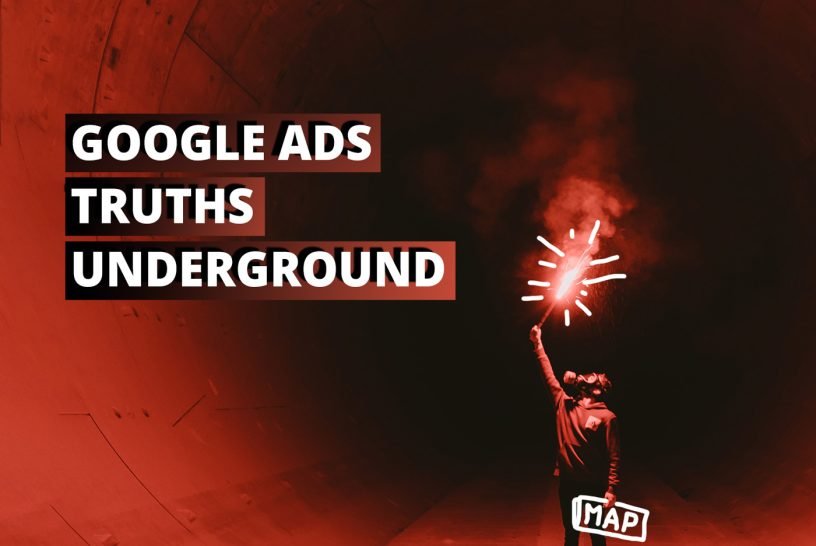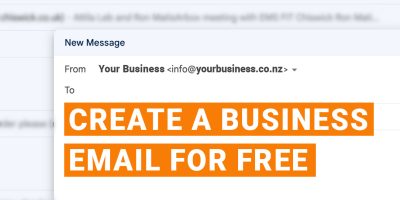What is best, to pay a company to run Google ads or to do it yourself? To reply to this question, I would say: “It depends. Do you have time?“
And by time, I mean 10-15-20 hours per week. You could learn how to run Google Ads campaigns and all the related fields in a few months. This way, you can run ads on Google, which will cost no money. It will only cost you time to learn and the ad budget.
The field of Google Ads is complex.
You need to be “full-stack” to run and manage successful campaigns that will deliver to your expectations.
The term “Running Google Ads” has a hidden meaning because it involves many skills rolled into one. These includes:
- Marketing knowledge
- Creative thinking
- Skills to use the right tools parallel and strategically.
About the skills required in brief.
Marketing knowledge:
The field of marketing is vast. Most people are unaware, and hardly anyone understands how big the marketing field is. Marketing has dozens of separate areas, each a separate profession. I have written about this topic in my what is marketing article; read it here. The question arises, what marketing knowledge would I need to help my Google Ads campaign-building skills?
Creative thinking:
I can only speak to this about my experience. I have almost a decade in my toolbelt with marketing, graphic design, website building, photography, PPC and Google Business, and to tell you the truth, I am still learning. When I work on a Google Ads Campaign, having these experiences helps my brain creatively build ad campaigns.
Skills to use the right tools:
You must learn to use the following tools to build a Google Ads campaign. You need the skills and experience to use these three parallel and strategically:
- Google Tag Manager.
- Google Ads.
- And Google Analytics 4
(which is WAY more difficult/complex than the older Analytics tool called Universal Analytics, the “old” Analytics).
Let’s say you have learned all these skills.
For the sake of my argument and better understanding, let’s also assume the following. You have funnelled people the proper way. That is:
- You have learnt all the above and created a strategically good campaign.
- You also managed to reach the right audience.
- And you managed to engage with them, to get a response from them with the appropriate marketing language. In other words, they clicked.
Now they are on your landing site (or website).
What happens next?
The first crucial step in a successful campaign, which is getting people’s attention and driving them to a place, is done.
What I am trying to point out here is this: What happens on the landing page afterwards?
A landing page needs the proper structure and optimisation; otherwise, visitors will leave without further action.
Thus all your funnelling efforts are just money thrown out the window.
You should ask yourself: Is my webpage, where I want to drive traffic with ads, converting well?
Learning to use all you have read so far in this writing is one thing. But to run successful ad campaigns in the future with Google Ads and the tools mentioned above effectively, you must also look into learning how to build well-optimised landing pages.
Without a landing page that was tailored to an ads campaign, do not even start paying for advertising.
Skills you need for building effective landing pages
Here are some skills you need to learn because these are essential for building effective, high-converting websites (landing pages):
- Direct response copywriting.
- Effective landing page building principles.
- Customer psychology.
- Basic Design principles (e.g., learn the importance of layout, fonts, colours, graphic design, and photography).
- The use of landing page building software or CMS (WordPress, Webflow, Squarespace, Wix).
Do you want detailed tips about how to build a good landing page?
Read my Elements of a good landing page article here.
Follow this blog as I share hands-on marketing tips with readers that I find helpful.
Thank you for reading my post.
I am Shopi.
The No B.S. Marketing & Design Guy for Hospitality Businesses.
Image credit Google AdsGoogle Analytics





